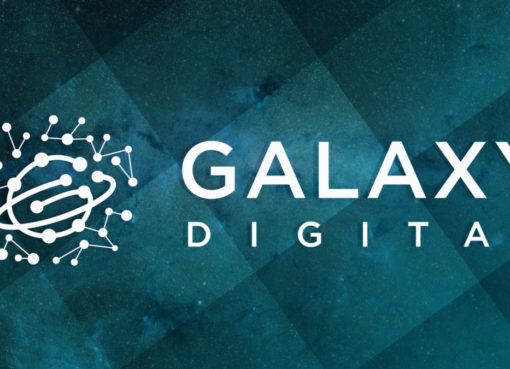While the theory of Quantum Computing has raised concerns on its ability to decode cryptographic data, the developments made by Google are far from challenging the Bitcoin network.
Google‘s latest attempt of attaining supremacy in quantum computing is giving jitters to crypto enthusiasts across the globe. Experts from the tech world say that quantum computing could likely make cryptography redundant which comes as a huge threat to the crypto industry.
After Google’s recent talks on attaining quantum supremacy, Bitcoin enthusiasts are concerned whether it can pose a direct threat to the world’s largest cryptocurrency. Blockchain expert and author, Andreas Antonopoulos, shared his wisdom on this matter by rubbing-off reports that Bitcoin faces any sort of threat from Google.
Antonopoulos said that Google’s quantum computing prowess focuses on a range of issues, however, decoding cryptography is not one of them. He said:
“What is the effect on mining and the cryptocurrency world in general? Zip, bupkis, nada, nothing really happens. Quantum supremacy – what Google described – is demonstrating the practical applicability of quantum computers to certain classes of problems. Those classes of problems are not the same class of problem we’re talking about when we talk about breaking cryptography.”
Is the Threat Real?
The principles of quantum theory, in practice, continue to intimidate and undermine the world of cryptography. For e.g. the hypothetical quantum vector attack called Shor’s algorithm boasts superiority by claiming to reverse the cryptocurrency transactions.
Now, this is like challenging the major USP of crypto transactions which is that they are irreversible in nature. by reversing crypto transactions, Quantum Theory can get access to your private and public keys, which means getting access to your funds.
The Shor’s algorithm can do this by exploiting a popular algorithm known under the name the Elliptic Curve Digital Signature Algorithm (ECDSA). The ECDSA algorithm is applied by a significant number of popular cryptos including Bitcoin and Ethereum.
Although Quantum computing threats are real, they are far from getting realized at this stage. This is because, according to the Center of Cryptocurrency Research and Engineering, one needs 1500 qubits of computational power to break into the ECDSA algorithm. However, Google’s processor’s abilities are currently limited only to 54 qubits.
Antonopolous says that Google is far from challenging Bitcoin at this stage. But one area where he sees a real threat is privacy. He said:
“The problem isn’t really Bitcoin. If we get quantum computers that can do thousands of qubits without correction and with consistent results, we have a much bigger problem […] The entire world’s classified communications, confidential communications, financial systems, etc, all depend on classical cryptography today.”
Hacks to Subdue Quantum Threats
We can’t predict absolutely to when will quantum computing will dominate the tech space. But to clear it out, we need to first upgrade the communications cryptography to a quantum-resistance standard.
Talking about Bitcoin, Antonopolous says that going further the Bitcoin developers community will develop and upgrade the digital signature algorithm (DSA) to take care of the quantum threats. The other method he proposes to avoid quantum computing threats is to avoid address reusing. He says:
“If you follow the best practice, which is to use a Bitcoin address once and only once, and to immediately spend all the funds in it the first time you sign, and never sign for that address again, what you get is a much higher level of protection.”
Antonopolous says that this way one can reduce the exposure of addresses to Shor’s algorithm thereby preventing it to attack the EDCSA and get access to the public keys.




